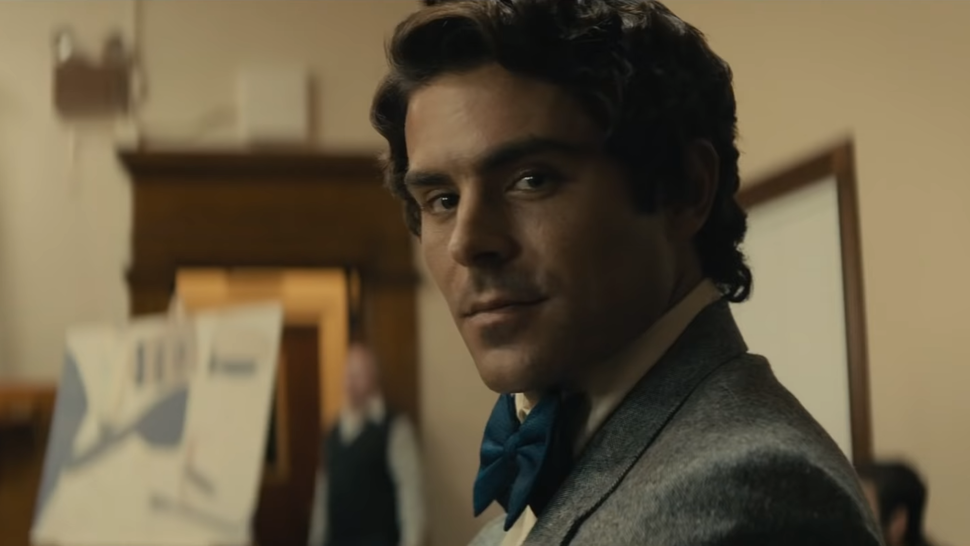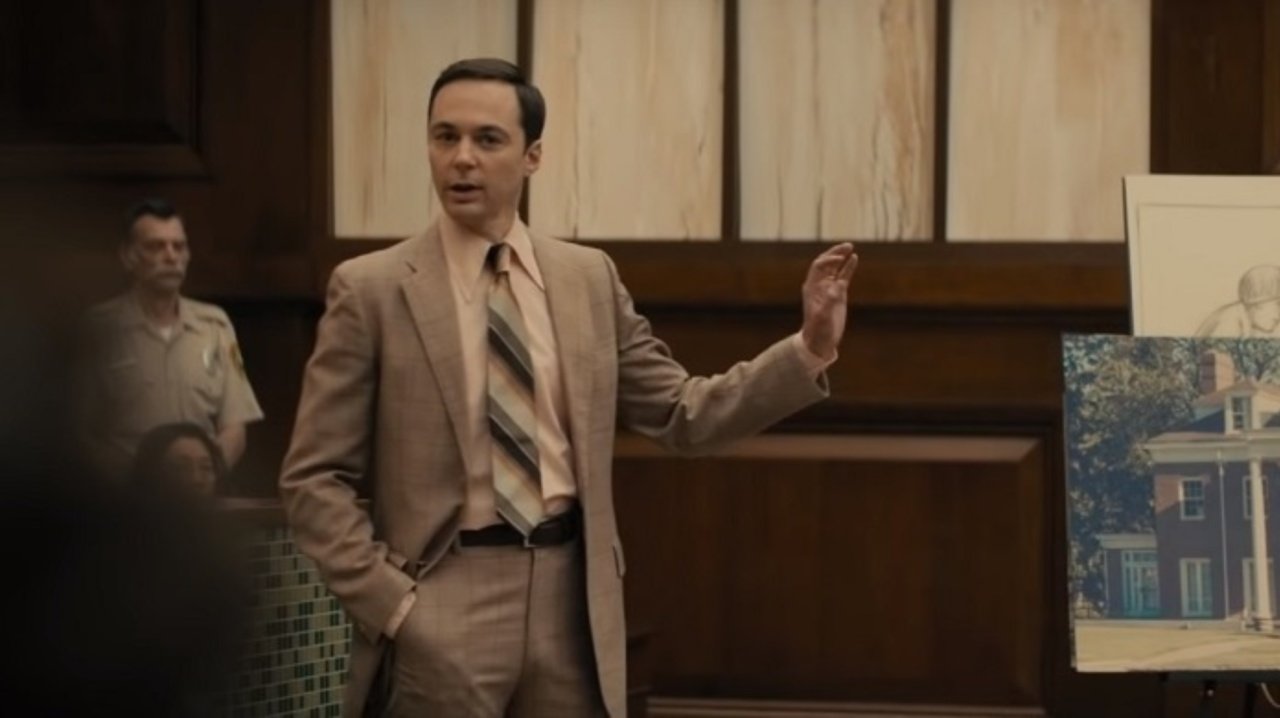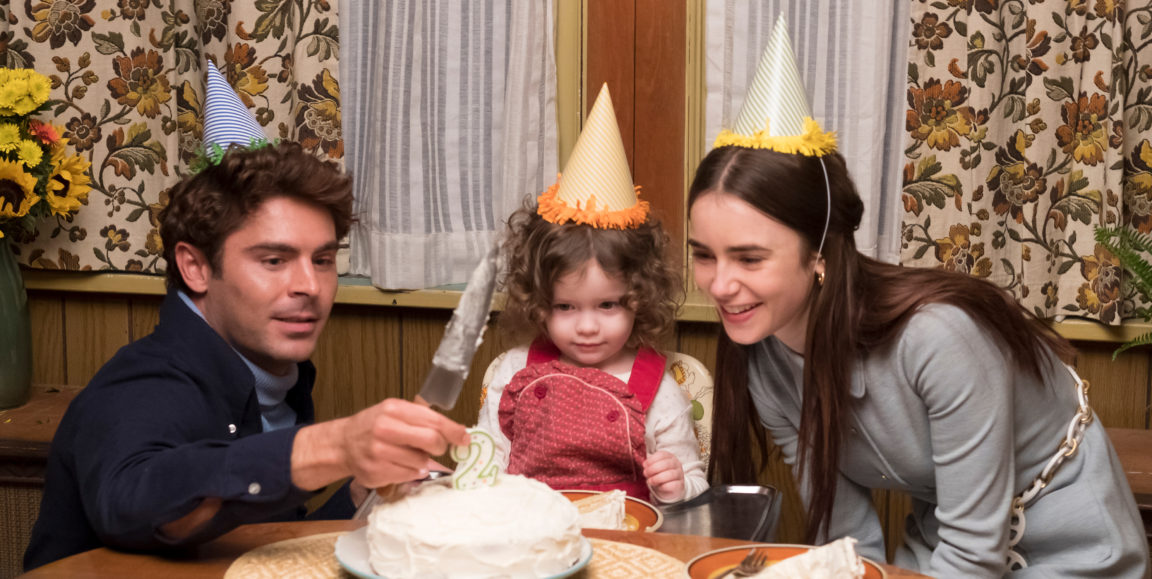There’s always been a morbid fascination around serial killers. Something about their vile and sadistic nature seems to intrigue the general public. Perhaps we’re curious about how a person can be so lacking in the value of human life, perhaps their monstrous actions spark our interest the same way a horror film would. Either way, serial killers have often gained fame, and even adoration among some “fans”. It raises certain moral and ethical concerns which is an entirely separate discussion for another time. Enter, Ted Bundy, arguably the most famous (or infamous) serial killer in history. He’s been the subject of seven previous films, and now Extremely Wicked, Shockingly Evil, and Vile is another dramatized exploration into his story.
A Different Point of View
The film opens as most biographical dramas do, with a scene taking place at the very end as Ted Bundy (Zac Efron) is sitting on death row in Florida, and he’s visited by his longtime girlfriend Elizabeth “Liz” Kendall (Lily Collins). We then go back over ten years prior to the two of them meeting at flirting with each other in a bar. Soon their relationship takes off and Ted even takes on the role of a stepfather to Liz’s young daughter Molly. Things seem happy for the new family unit, but soon Ted gets arrested and charged with assault. He vehemently denies any wrongdoing and insists that the police got his name and were just looking to set him up. Liz continues to stand by Ted and defend him, but after a few years it proves to be too much, and she has an emotional breakdown leading to alcoholism.

In a unique take on the subject matter, we actually don’t really see Ted committing murder on screen. Rather the emphasis is on the courtroom battles, as well as how it affects Liz, long after she’s broken up with him. In a way, the entire narrative is told from her perspective, which is fitting considering she authored the book “The Phantom Prince: My Life with Ted Bundy” (on which the film is based). It smartly avoids accidentally glorifying the real life depraved murderer by emphasizing on how it affected Liz. She was the one who had given Ted’s name police when she saw a sketch on the news that resembled him. Her mind was truly torn apart, between the guilt of implicating him and believing this was all her fault, to her love for him, to her deep down fear that he was in fact the monster everyone else said he was.
Portraying a Monster
As previously mentioned, serial killers always tend to be the subject of fascination and in a disturbing sense, attract admirers. Even when Netflix released Conversations with a Killer: The Ted Bundy Tapes (which was written, produced, and directed by this film’s director Joe Berlinger) earlier this year, there was a wave of social media posts from young people remarking at how cool or attractive Bundy seemed. This same phenomenon occurred during his trial, in which many young women even attended the courtroom hearings because they thought he was handsome. Zac Efron shines as he portrays a man consumed by deceit and an obsession with fooling everyone around him that he is innocent.

Efron does a great job of portraying the charisma and charm of Bundy, which was perhaps what made him most dangerous. He had an answer for everything and even did a decent job of providing his own legal defense. Efron’s performance is that of a pathological liar who even seems like he himself is in denial of the heinous crimes he’s been accused of. That said, not showing the murders themselves can be seen as beneficial or detrimental to the narrative.
On the one hand, we really don’t need to see any more media depicting violence against women, particularly including sexual assault, which Bundy was known for. To show it on screen would have perhaps seemed unnecessary at best, and exploitative at worst. However, by not showing it, the film only represents Ted Bundy the courthouse charmer, and not Ted Bundy the brutal murderer. Is it possible that not showing the horrific things he did could lead to people watching this film and almost rooting for him?
Overall, Extremely Wicked, Shockingly Evil, and Vile does a great job with casting and writing, much of the dialogue is even verbatim courtroom transcripts. It boasts great performances from its leads, as well as a strong supporting cast including John Malkovish, Kaya Scodelario, and Jim Parsons. It’s not really clear whether omitting the grisly violence of Bundy’s story is a positive or a negative. That’s something viewers will have to decide for themselves!





